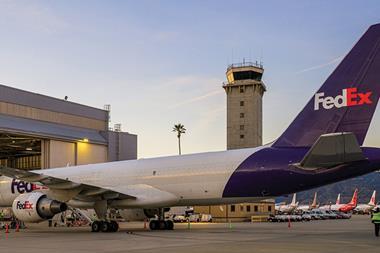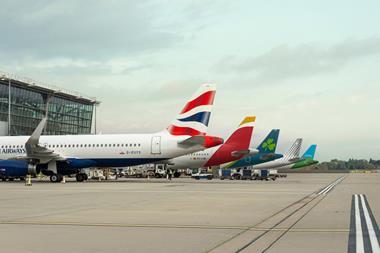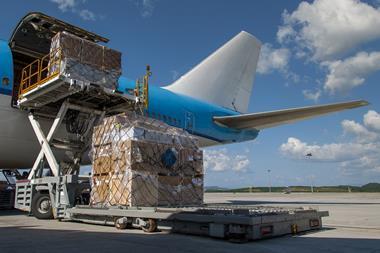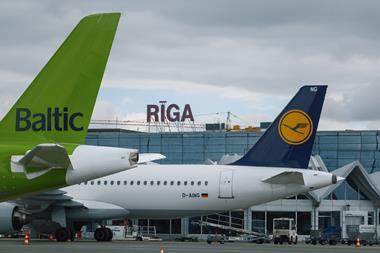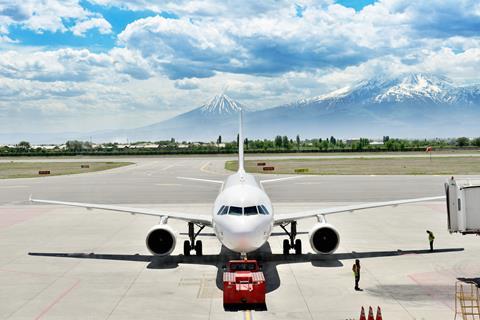
If you’re in airfreight, risk isn’t just a part of your business, it is your business. Parcels going missing, the perils of travel by air, and damaged goods arriving at their destination is all too frequent. When customers are unhappy, they look to their freight company to fix things, which can eat away at your bottom line.
Freight forwarding or airfreight companies need to have streamlined and agile systems to ensure individual parcels or freight are covered by insurance – according to digital cargo insurance firm Breeze, an estimated 70% of global trade is either not insured or under-insured.
Leaving individual cargo insurance aside, not having the right business insurance can also prove costly and risky to your operations, even if you have all the regulatory and compliance issues buttoned up.
Cargo insurance and Incoterms©
For certain International Commercial Terms (Incoterms) the seller of goods will be obligated to insure the goods for transport. One incoterm requires full insurance of the goods through passage, which is known as CIP method (Carriage and Insurance Paid To). Discussing these terms prior to freight is crucial to the overall haulage process. That means the seller bears all the risk up until a certain point in the delivery process.
However, your airfreight business may need to provide this insurance as a cost overhead, or connect sellers with all-risk cargo insurance providers through automation, calculating the cost at sale, per volume, or per freight booking. These could also be integrated into your ongoing workflows, preventing under or non-insurance.
Public liability insurance and Professional indemnity insurance
As your business has so many moving parts – quite literally – it will interact with many different businesses and members of the general public. This helps protect against claims of injury or illness against your business, which can cover legal fees and settlement payments.
If professionals in your business, such as engineers, pilots, or avionics technicians, make mistakes or are found to be negligent, professional indemnity insurance will cover claims against your business in these circumstances, including legal fees, lawyer costs, and settlement claims if the matters are taken to court. Otherwise, this can cause deep problems for your business.
Business interruption and asset insurance
Due to the nature of air travel, business can shut down due to inclement weather, strikes, and mechanical failures. Having business interruption insurance can mitigate the losses due to any interruption that is out of your control.
Together with asset insurance, which can cover damage or loss of assets such as planes, trucks, fuel tankers, and other major business holdings, can help cover the cost of replacement or repair – having both in tandem can manage the risk of catastrophic business failure due to damaged or inoperative assets (e.g. a plane) causing business interruption.
General business insurance tips
Comprehensive business insurance lends security and peace of mind to business owners by helping to pay the costs if something goes wrong. It can assist pay for things like property damage, accidents on business premises, or legal challenges.
To get the right level of cover, you need to assess your levels and types of risks, understand what coverage options are out there, what is included and excluded in your policy, and how much you are covered for and what out-of-pocket expenses may be involved, such as excess payments if you need to make a claim. You should also shop around as much as possible for insurance, and you can research options here.
Remember to seek advice about all types of insurance from a licenced professional so your air freight business is adequately covered for any eventuality.











